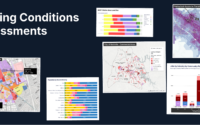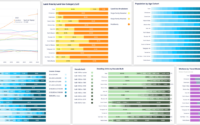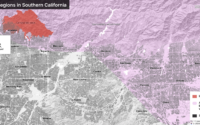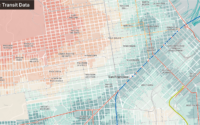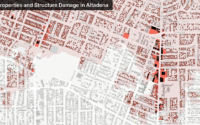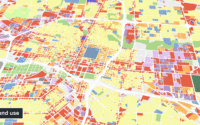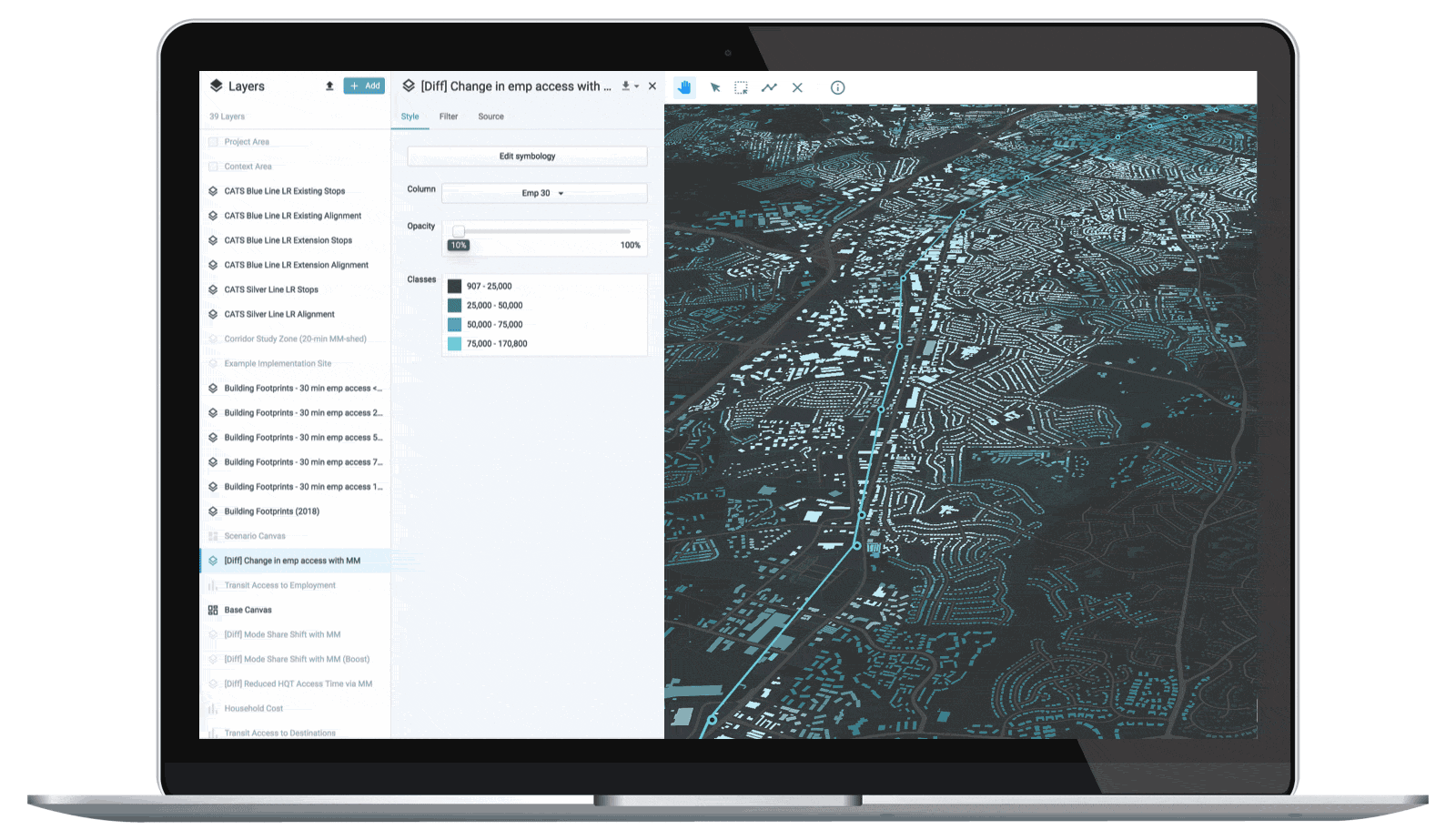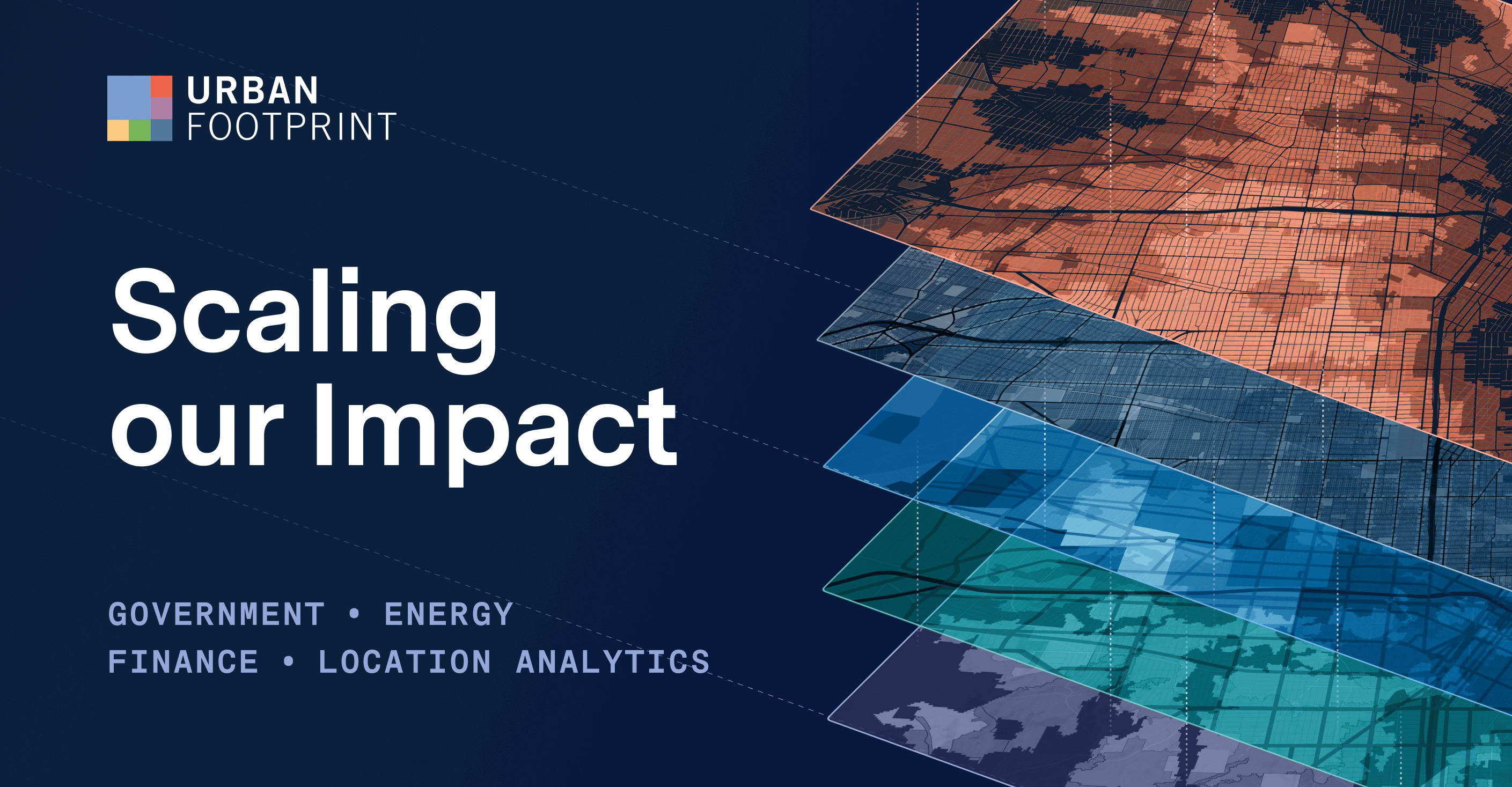
Building Resilience
It seems that everyday we are reminded that we need to be more resilient – to be able to withstand the next pandemic, to bounce back from the next unprecedented heat wave or hurricane, to weather the next economic downturn or even the next destabilizing global conflict. We live in uncertain times, where unpredictable and unprecedented are becoming normal – we can’t look to past patterns to predict what’s ahead and proactive intervention and investment is too often hamstrung by politics and bureaucratic processes that are wholly out of step with the urgency of accelerating climate change and social inequity.
But despite what can seem like an endless march of intractable environmental and political challenges, I believe we are also living at a uniquely hopeful crossroads in human history where our challenges are increasingly well understood and the data and technological prowess exists to deliver targeted solutions to even our existential threats. So we need to lean in. We need to prioritize investments and interventions that enable our communities to withstand and bounce back from climate and economic stress. And we need to reduce harmful climate emissions (fast!) and increase health and wellbeing across all communities – with particular attention to those among us that have been historically disadvantaged and are most vulnerable. This is what building resilience is about – reducing risk and improving the capacity of people and places to withstand stress and strain.
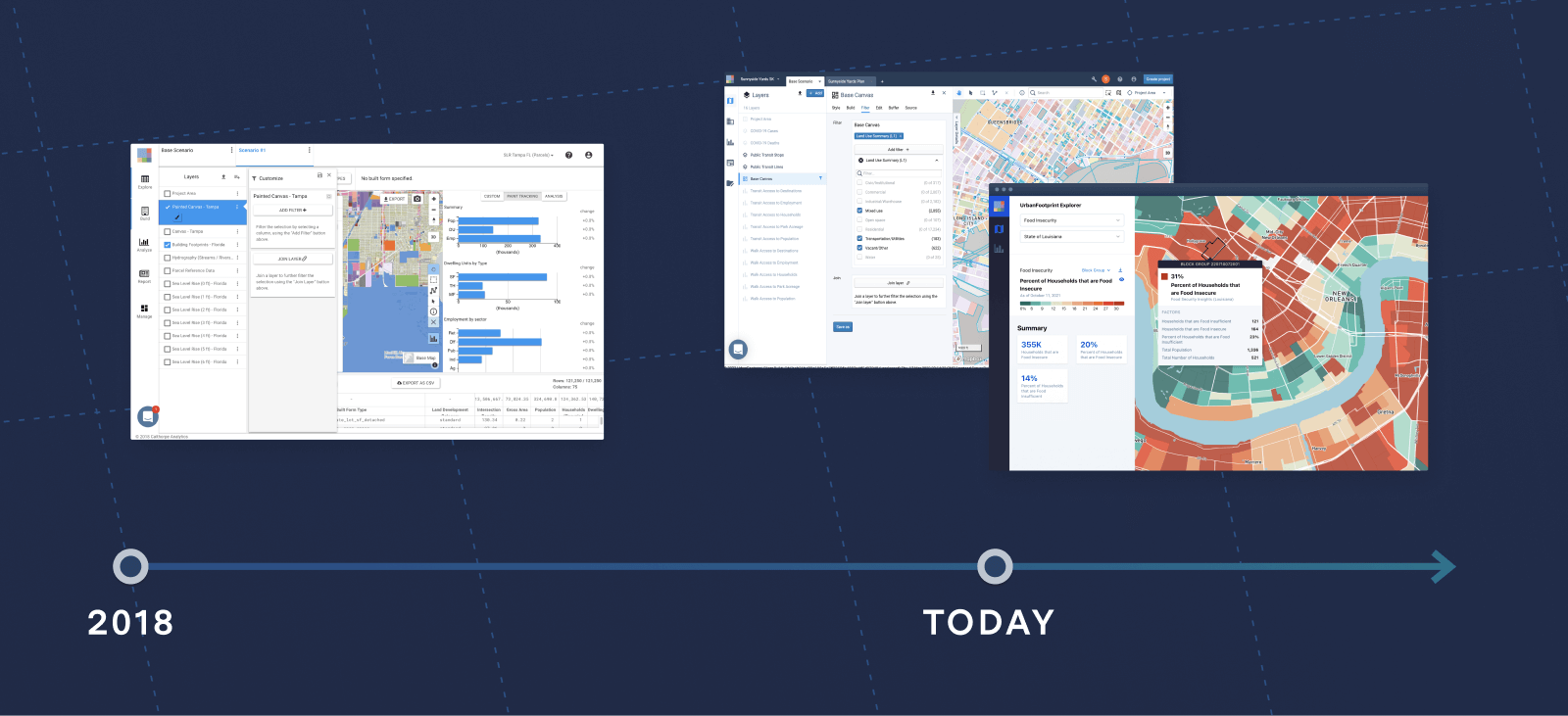
From Urban Planning to Urban Intelligence
The UrbanFootprint journey started more than 25 years ago when my co-founder Peter Calthorpe and I sought to arm debates about city plans and development proposals with more hard hitting facts about the impacts of development and policy decisions. We decided to change the conversation from one driven just by visions and water colors to one driven more by facts and relevant information. That’s how we started playing SimCity for real – arming our discussions with data, and creating new methods and models to arm debates with the impacts of scenarios on things that matter – energy and water use, pollution emissions and public health, fiscal impacts and infrastructure cost, environmental impacts, carbon emissions, and more.
We built a practice playing SimCity across the US and the world, for cities, regions, and developers, for states and federal agencies, even for the UN and World Bank. But doing this was time consuming and expensive – and the data and modeling capacity alone was a barrier to entry for all but the most sophisticated or well-funded organizations and projects. We wanted to scale the impact of the methods across more places and plans, so we started UrbanFootprint to bring SimCity for real to planners, designers, engineers, and public officials. Supported by an incredible group of impact-driven Angel investors, and our first injection of institutional capital from Jay Zaveri at Social Capital, we introduced UrbanFootprint Analyst in 2018 – the first cloud-native application purpose-built for the urban planning industry. Analyst serves urban, environmental, and economic data to urban practitioners and equips them with the analytic capabilities to plan and improve communities faster, better, and at lower cost. Hundreds of planning and design organizations use UrbanFootprint today, and it’s taught in classrooms of top universities to empower the next generation of urban innovators.
In early 2020 we closed our Series A and brought on Valo Ventures and Radicle Impact to support scaling deeper into the planning and real estate sectors. Our plan was always to serve our platform well beyond urban planning and then spread our wings to energy, finance, real estate, mobility, large government, and other key sectors of the economy. The COVID crisis accelerated our transition from Urban Planning to a broader focus on what we call Urban Intelligence.
As the pandemic unfolded into a multithreaded public health, economic, and social crisis, we quickly turned our attention towards supporting overwhelmed government agencies and front line relief organizations with highly targeted data that map and measure the scale and distribution of impacts at a highly granular level. We built data sets that track economic stress, food insecurity, eviction and foreclosure risk, and COVID susceptibility. We provided direct support to relief providers and agencies in need and in parallel began to adapt our tooling and product mix to meet a growing need and market opportunity across the energy, finance, and mobility sectors that saw value in our data, web tools, and unique focus on the intersection of urban transformation, community resilience, and climate risk.
Scaling our Impact
Our data products and software help agencies and enterprises target investments and interventions that increase resilience and reduce risk for people and communities. And we’ve introduced new software tools that bring high end mapping and data dashboarding to a more diverse set of non-technical users. Our data and software is influencing the flow of billions of dollars and helping to direct resources to reduce climate risk and economic stress and build resilience where vulnerability is greatest.
Our Series B is about scaling our growth into large enterprise sectors of the economy and in so doing dramatically scale the impact that we can have when the insight we can provide is more urgently needed than ever. We are thrilled to add financial giant Citi (via their Citi Ventures and Sprint funds) as a partner, as well as top-notch European climate and urban tech funds 2150 VC and A/O Proptech. Our customer, municipal bond insurance giant Assured Guaranty is also joining the team, as is federal government specialist Dcode Capital. We could not have asked for a better cast to support the next major acceleration of UrbanFootprint’s impact journey.
The 5 Principles of Building Resilience
UrbanFootprint’s mission is to Build Resilience – in our infrastructure, communities, and citizens. We do this with the world’s first Urban Intelligence Platform – a cloud-native platform that unifies previously siloed data on climate, environmental, urban, and socio-economic factors into powerful data insights needed to deploy resources intelligently and maximize resilience. We are helping some of the largest and most influential institutions in the US target where to invest resources to reduce climate and social vulnerability and increase the resilience of critical infrastructure and communities.
Every one of the $25 million dollars we raised in this Series B round will be driven towards empowering our customers to invest in the resilience of people and communities. This commitment to ‘Building Resilience’ at UrbanFootprint is defined by 5 Principles.
- Grow the Right Team – People are everything. Our team’s unique domain experience in urban planning, climate and social science, and technical prowess is unmatched. The next steps in our business acceleration require even deeper technical and domain intelligence – data scientists, software engineers, and product designers that can help us accelerate development of our data insights and software applications.
As we scale, we’re looking for the most inspired, most talented, and hardest working people to help us meet important global, societal, and business imperatives. We prioritize people who want to apply their talent and creativity to solving hard technology and product-related problems and addressing the most pressing climate, equity, and urban challenges of our generation. We also believe deeply in the benefits of a diverse team – we are leaning into issues that impact everyone and a workforce that reflects the broader society does a much better job at building products and solutions that resonate and have impact. - Move with Urgency – We’ve gotten where we are today by quickly adapting our platform to urgent challenges. That remains in our DNA.
As we lean into some of the most critical challenges facing our country and society, urgency, creativity, and time-to-value is of the utmost importance. Our government customers are trying to reach those in desperate need of food and housing relief. Our energy customers are making hard choices about where to invest to reduce community vulnerability to climate threats. Our finance customers are channeling billions of dollars of investments that can help build resilience at scale. They must be able to act quickly.
Our investments in people, core technology, and data science will always be made in the name of delivering value quickly and meeting the pace of the challenges facing our customers and society. - Surface Targeted Data Insights – Finding the answers to today’s most important challenges requires reliable data. Our Urban Intelligence Platform offers an unparalleled 360-degree view of the intersection between climate, people, and the built environment. But simple consolidation and data presentation is not enough. We specialize in helping our customers to find clear and relevant signals through the noise of disparate data, identifying clear actionable insights and delivering those to organizations, empowering them to make decisions with confidence and speed.
These actionable insights can tell us where to invest to reduce risk and vulnerability and build resilience in people and communities. UrbanFootprint helps our customers answer the critical ‘where’ questions today, and we plan to do that even better for even more sectors of the economy. - Adapt to Challenges – The challenges our Platform looks to solve are constantly changing as climate conditions, regulations, and market conditions become increasingly dynamic and less predictable. Supporting our customers in achieving their goals is our TOP priority. Our technology and people must adapt and evolve alongside our customers and the new challenges they face. We commit to always listening, learning, and responding. There is no better way to build products that your customers need than to build them with your customers. That’s how we do it at UrbanFootprint.
Our job will never feel done. New challenges arise on nearly a daily basis. Resilience requires us to remain responsive to anything that may arise in the future; leveraging our expertise to devise solutions to the problems of tomorrow. - Invest in Quality – Building with speed and urgency will never mean abandoning our commitment to quality. The next two years will see us make heavy investments in core technology, AI, and machine learning to increase the speed and power of the insights we provide. We’ll be adding data feeds through new partnerships with climate and urban data providers, and we’ll be making major advancements to our foundational UrbanFootprint Base Canvas, a unified map of 160 million land parcels that details people, places, and building characteristics for nearly every inch of the US. Each of these investments make our platform more comprehensive, more capable, and more adept at helping our customers find critical answers to complex risk and resilience challenges.
The entire UrbanFootprint team commits to these 5 principles. Building resilience won’t be possible if we stray from them. We plan to hold each other accountable every day and we hope you will too.
